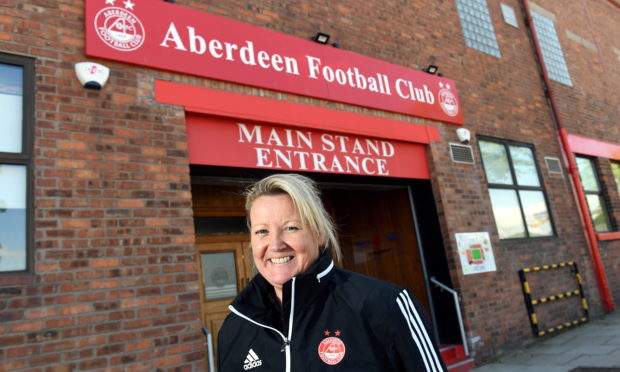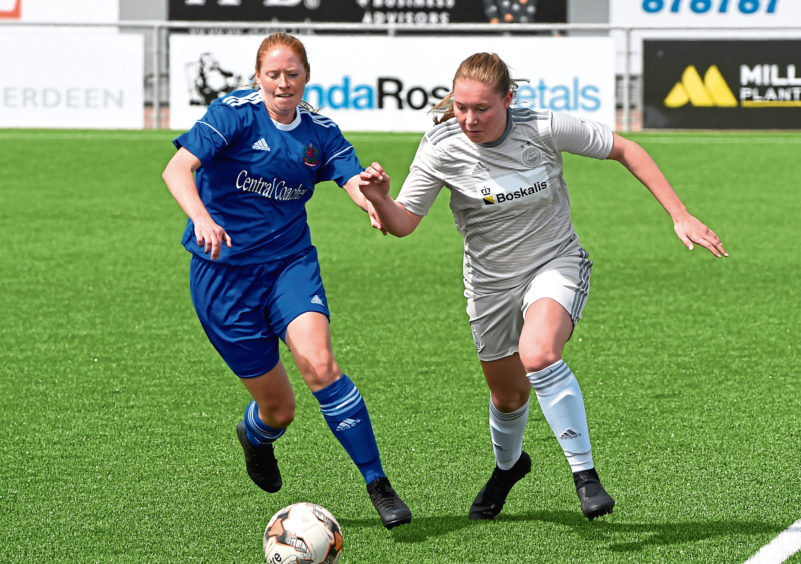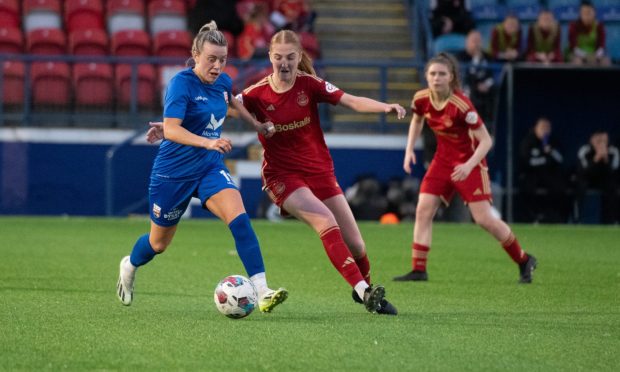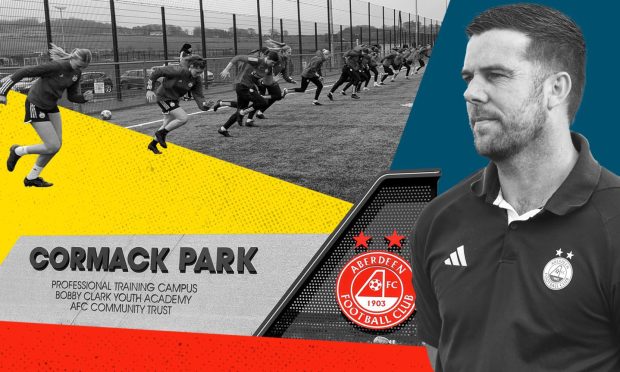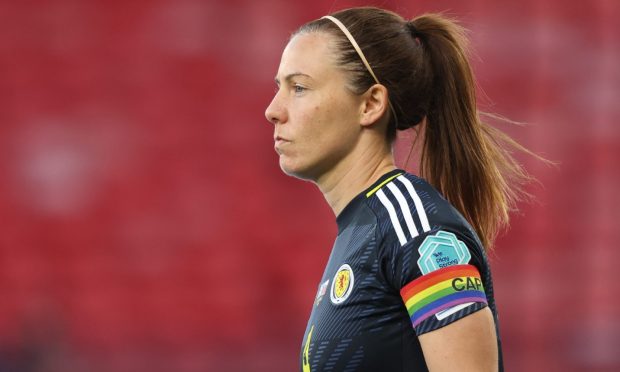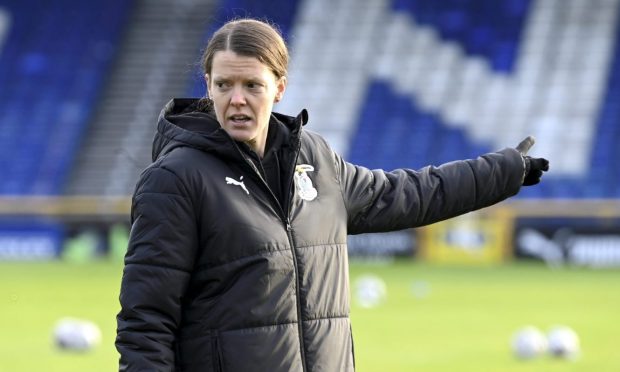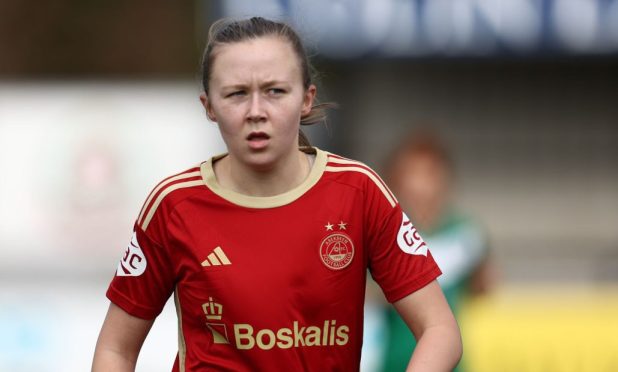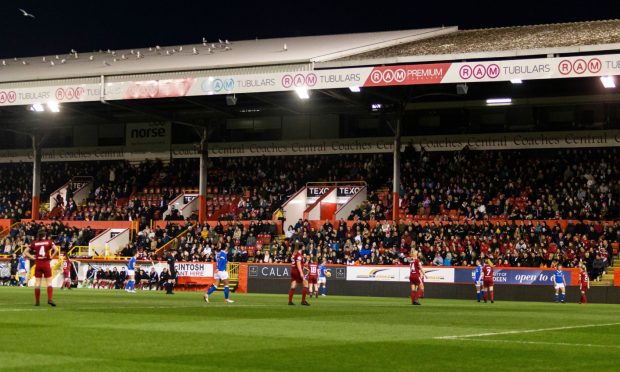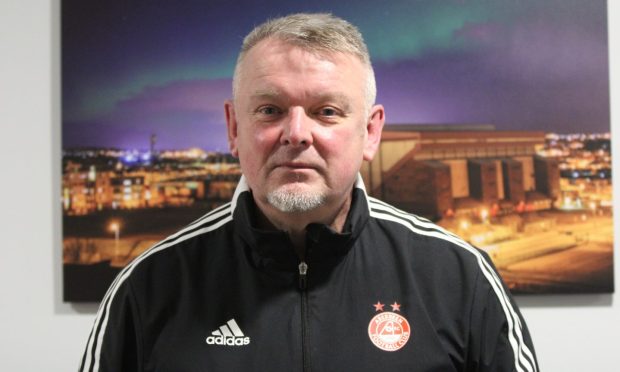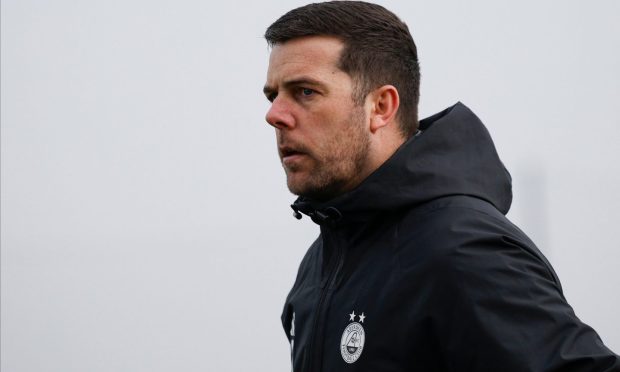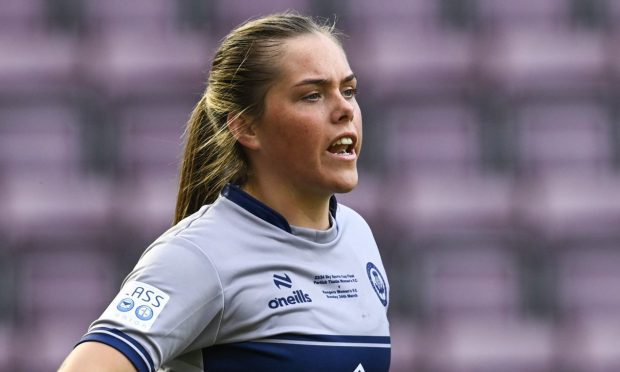Talking to Emma Hunter this week about her role as a head coach and mentor in the pandemic was an enlightening experience.
She is the co-manager of Aberdeen FC Women, who have had their season put on hold as part of the football shutdown instigated by the Scottish FA earlier this month in the wake of tightening Covid-19 restrictions.
In-person time has been reduced to nil – a drawback we have all had to get used to over the last year – and it is easy for all concerned to feel distant from those around them.
Hunter has players in differing circumstances, with some on furlough, some living with parents, others facing exam pressures and players who are living on their own. Like any business or organisation, each individual’s situation is unique.
With football put on the back-burner for the time-being – maybe for the season if restrictions continue much longer – thoughts of preparing for matches are understandably far out of mind.
The welfare of players has to come to the fore instead.
We have all experienced peaks and (moreso) troughs during the last year and footballers will be no different.
These are part-time players as well, who have to balance studies and jobs with their football commitments.
It was in equal parts heartening and humbling. Heartening to hear how people from different walks of life were coming together and making sure no one was suffering in silence. A message or a call can go a long way.
The humbling aspect came in when Hunter discussed how she feels she has to open herself up to the group to make others feel comfortable enough to do so themselves: “It’s not something I’m saying because I have to, I do actually care.”
All of this is done while working full-time for the AFC Community Trust and home-schooling her son, tasks which present their own challenges but ones she has taken on.
Her story is just one of many tales of compassion and people going above and beyond during a trying time for the world. Each industry, not just sport, will have stories of bosses and co-workers going the extra mile to make sure the human behind the job title is OK.
Sport has always been a traditional unifier, a cause around which people can rally and agree for a common cause.
That camaraderie and team spirit is often channelled into getting performance-related results, but now, when such instances are increasingly rare on the ground, it serves more purpose on a human level.
Reaching across the digital newsroom to send a message to a colleague or partake in a Zoom call with my sportsdesk colleagues has been a useful outlet for me when I’ve found myself in a spiral. A reminder that others are experiencing similar things.
It is such generosity of time that ought to be carried forward as a shining example of the goodness in people once we emerge from this.
